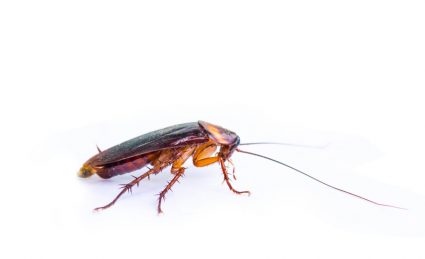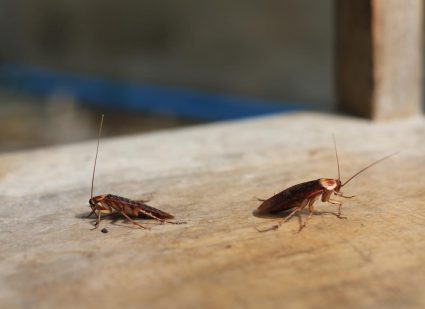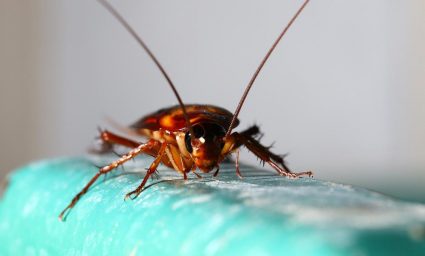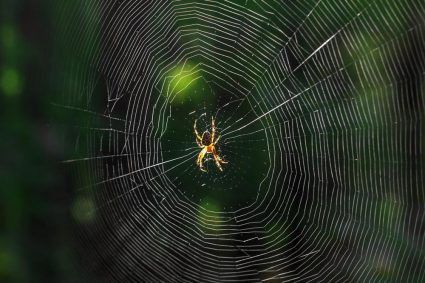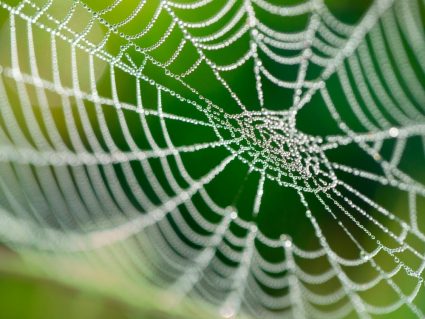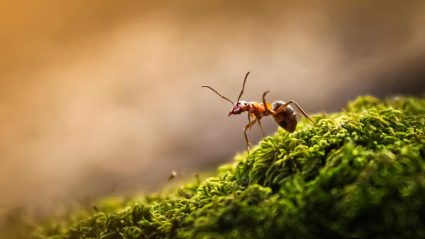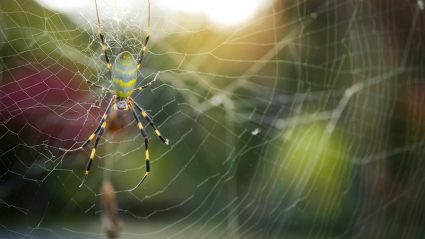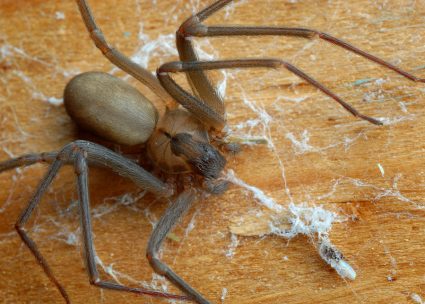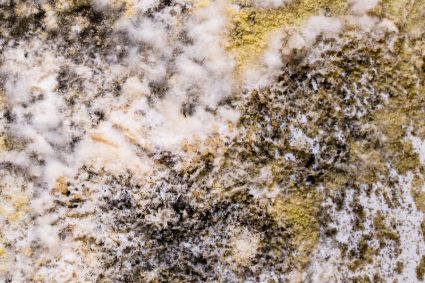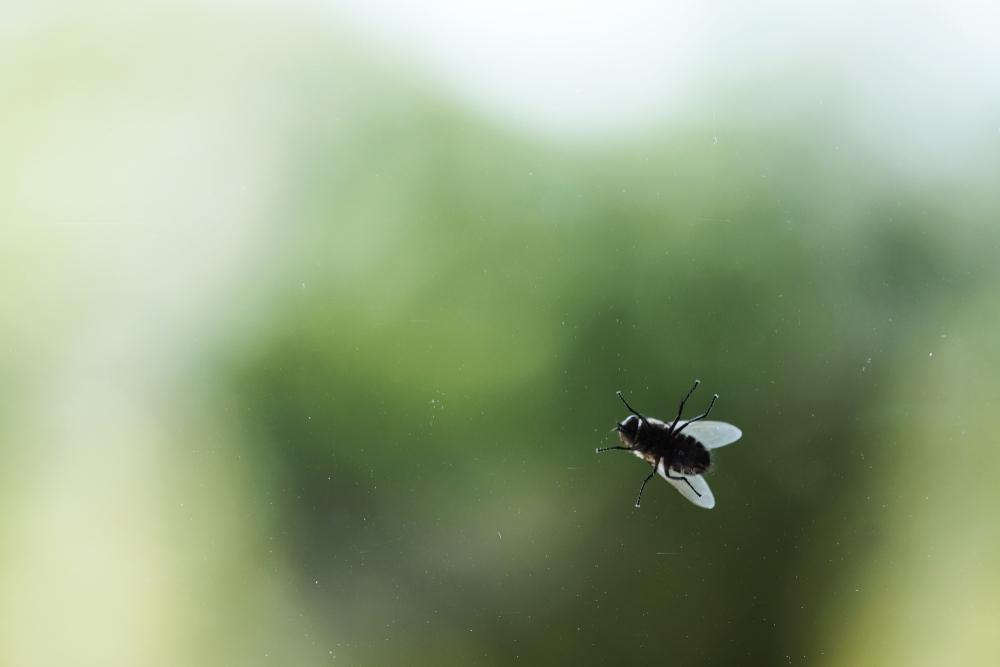
Flies are a common occurrence in our everyday lives, but their behaviors, particularly during the night, are often overlooked or misunderstood. This article aims to delve into the question, “Why do flies stay on the ceiling at night?” and provide a comprehensive understanding of this behavior.
Flies stay on the ceiling at night primarily for safety reasons. The ceiling is a place that is out of reach for many predators, providing the flies with a secure place to rest and conserve energy. Their specialized feet equipped with adhesive pads and tiny hairs enable them to stick to the ceiling and other surfaces, even while resting. Flies are primarily diurnal animals, meaning they are active during the day and rest at night, often on ceilings, beams, and other high places.
A Safe Haven: Flies and Ceilings
Flies stay on the ceiling at night primarily to protect themselves from predators. Not all animals or insects can reach the ceiling, which gives flies an advantage and a safe place to rest. Being on the ceiling allows them to avoid predators that might be active on the ground or walls. Additionally, resting on the ceiling provides a stable and secure location for the flies to rest during their inactive period at night, helping them conserve energy and maintain a stable resting location, which contributes to their survival.
The Science Behind the Stick: Flies’ Unique Feet
Flies have specialized feet with adhesive pads called pulvilli, which are equipped with tiny hairs called setae that have spatula-like tips. These hairs produce a glue-like substance made of sugars and oils, allowing flies to walk upside down on ceilings and other surfaces. This ability to cling to surfaces, even while resting, helps them stay safe from predators during their vulnerable resting periods.
Nighttime Behavior of Flies
Flies are primarily diurnal animals, meaning they are active during the day and sleep mainly at night. Their sleep is characterized by a reduced ability to respond to external stimuli, and it has been found that fly sleep is sensitive to some of the same stimulants and hypnotics that modulate behavioral states in mammals, such as caffeine. They rest when the sun goes down and become active again when the temperature rises during daylight hours. Flies sleep in short periods during the night in various places such as on ceilings, beams, overhead wires within buildings, trees, shrubs, and grasses.
Common Misconceptions about Flies’ Nocturnal Activities
Contrary to popular belief, most flies are not active at night. Flies generally prefer warm weather and sunlight, and they are most active when it’s sunny and the temperature is between 80 and 90 degrees Fahrenheit. However, some nocturnal flies, like mosquitoes, can stay up all night to find blood to feed on. These nocturnal flies have super-sensitive antennae and eyes that allow them to see in the dark, enabling them to be active during nighttime.
Flies’ Impact on Humans and Their Living Environments
Flies can negatively affect humans and their living environments in several ways. They can spread diseases such as food poisoning, dysentery, and diarrhea by landing and feeding on human foods and food preparation surfaces. Aside from harming human health, the presence of flies can also result in significant financial losses and complete shutdown of businesses due to compromised food quality and customer dissatisfaction.
To minimize the negative impact of flies on human health and living environments, it is essential to maintain proper sanitation, eliminate potential breeding sites, and implement effective pest control measures.
In conclusion, while flies might be a common annoyance, understanding their behaviors can help us better manage their presence in our homes and businesses. The next time you spot a fly resting on your ceiling at night, remember it’s just trying to find a safe spot to rest and avoid predators.
Frequently Asked Questions
How do flies see in the dark?
Most flies have poor night vision and aren’t active in the dark. However, some nocturnal species like mosquitoes have evolved super-sensitive antennae and eyes that allow them to see in low-light conditions.
Why do flies land on humans?
Flies are attracted to human heat, sweat, carbon dioxide, certain body odors, and the colors we wear. They land on humans to feed on sweat, blood, or other materials on the skin’s surface.
How long do flies live?
The lifespan of a fly varies depending on the species. For instance, house flies live about a month, while fruit flies can live up to 50 days.
Do flies carry diseases?
Yes, flies can carry and spread diseases. They pick up bacteria, viruses, and other pathogens when they land on decomposing matter and then spread these pathogens when they land on food, food preparation surfaces, or people.
How can I prevent flies from infesting my home?
To prevent a fly infestation, maintain cleanliness in your home, especially in the kitchen and dining areas. Regularly take out the trash, clean up food spills immediately, and keep food containers tightly sealed. You can also install screens on windows and doors to prevent flies from entering your home.

